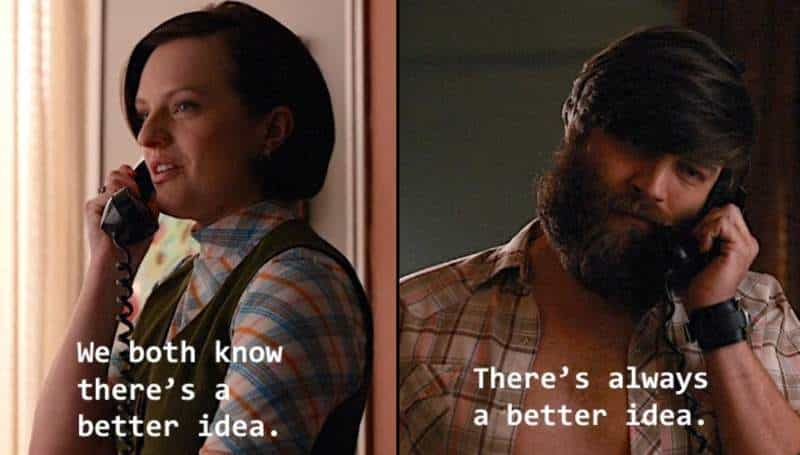In life we frequently fly by the seat of our pants. In fact, that may be the default. Plans are illusory. But precisely because life is so unstable and subject to change, characters in stories do need a plan. Even passive character types need to be actively passive. Initial plans will most likely change.
There’s nothing that makes you so aware of the improvisation of human existence as a song unfinished. Or an old address book.
Carson McCullers
When there’s a really sweet plan in the beginning of a novel, I’m always a little sad since I know it won’t work out because plot.
Melissa Edwards
While they may be dodgy, even despicable, opportunists are never boring. They hunger for power, sex, revenge, riches (all the juicy stuff!) and will turf any principle to get what they want.
Elyse Friedman at Electric Lit
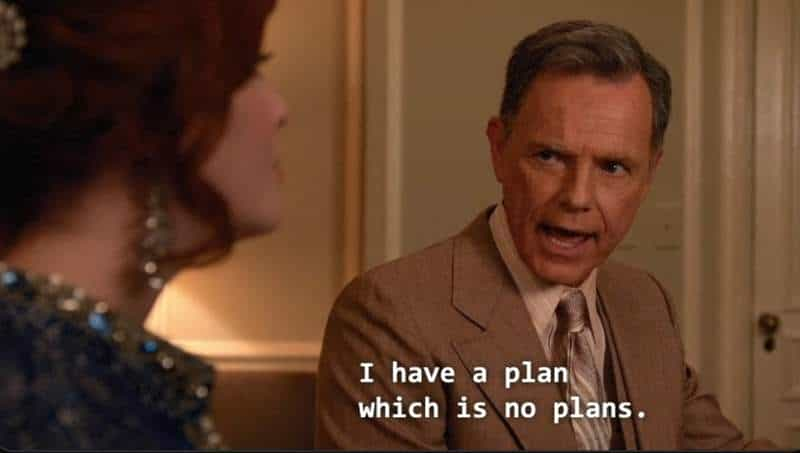
Often in stories, plans follow the Storytelling Rule Of Three. In a long story (e.g. a feature length film) the plan of the main character will typically change three times. If you find your stories really sag in the middle it’s worth trying this guided breakdown on for size.
By plan, we basically mean action.
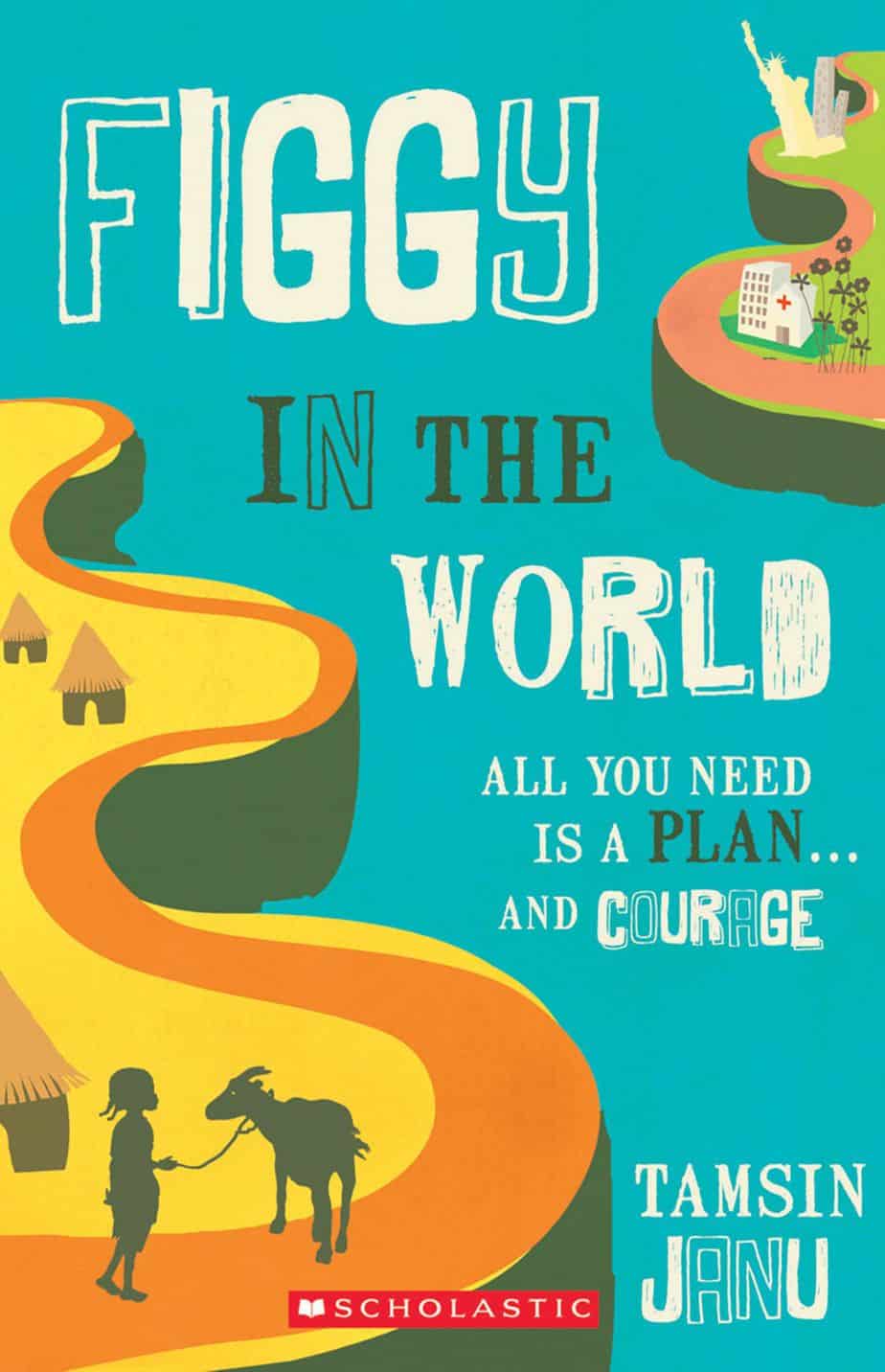
MAIN CHARACTERS AS WELL AS THEIR OPPONENTS NEED PLANS
You always hear that “Drama is conflict,” but when you think about it –what the hell does that mean, practically?
It’s actually much more true, and specific, to say that drama is the constant clashing of a character’s PLAN and an antagonist’s, or several antagonists’, PLANS.
In the first act of a story, the hero/ine is introduced, and that character either has or quickly develops a DESIRE. She might have a PROBLEM that needs to be solved, or someone or something she WANTS, or a bad situation that she needs to get out of, pronto.
Her reaction to that problem or situation is to formulate a PLAN, even if that plan is vague or even completely subconscious. But somewhere in there, there is a plan, and storytelling is usually easier if you have the main character or someone else (maybe you, the author) state that plan clearly, so the audience or reader knows exactly what the expectation is.
Alexandra Sokoloff


RULES OF THUMB
- Do your worst to your character
- Make the trials escalate. Ideally, your character will be at the point where they’re begging no one in particular, “Tell me it gets easier, that I’ll figure it out”.
Initial plans fail in the vast majority of cases. Initial plans might be a single scene or, in a film, a single montage of failed attempts. This is often the writer’s way of lampshading, “Well wouldn’t a good/regular person just do this rather than jump headfirst into that kind of danger?”
- Walter White’s plan to get ahead financially by washing cars to supplement his teacher income fail when his medical bills suddenly skyrocket. (Breaking Bad)
If the plan doesn’t work, change the plan. If you as writer can’t figure out a plan and instead change the goal, that’ll feel like cheating. That’s a form of deus ex machina.
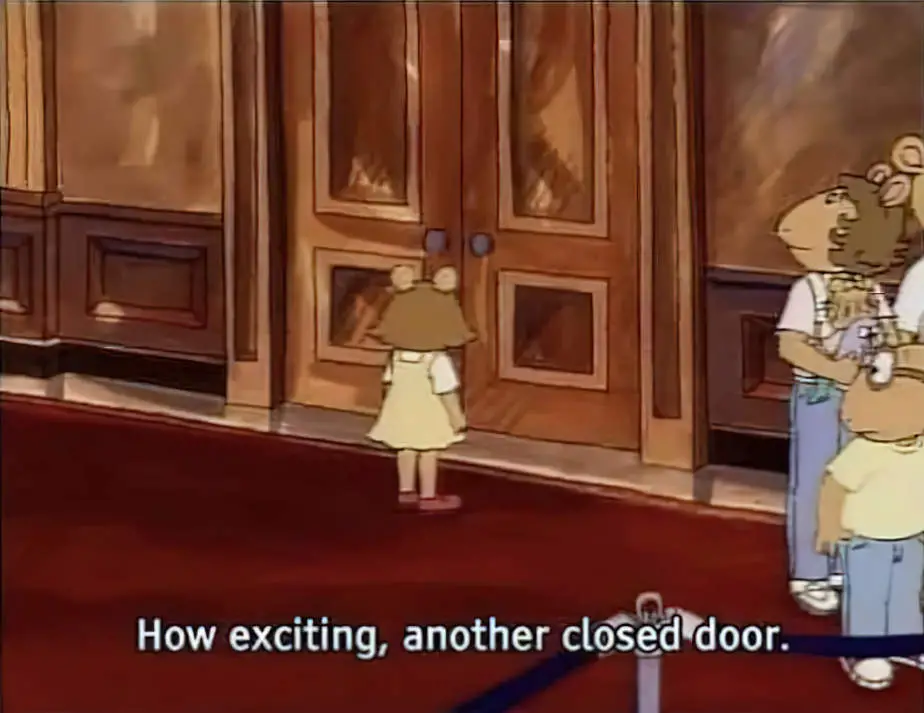
When plans don’t work, the main character tends to double down on plans they were feeling lacklustre about at the beginning.
The pattern in a film length story will go something like this:
- Main character makes a plan
- Opponent ruins the plan with their own plan
- Main character seems defeated
- Oh hang on: a modified plan, new motive, new momentum
- A friend or mentor asks if this plan is really such a good idea
- Second revelation. Makes some sort of decision
- Ideally the audience realises something
- Main character has a third revelation and makes another decision
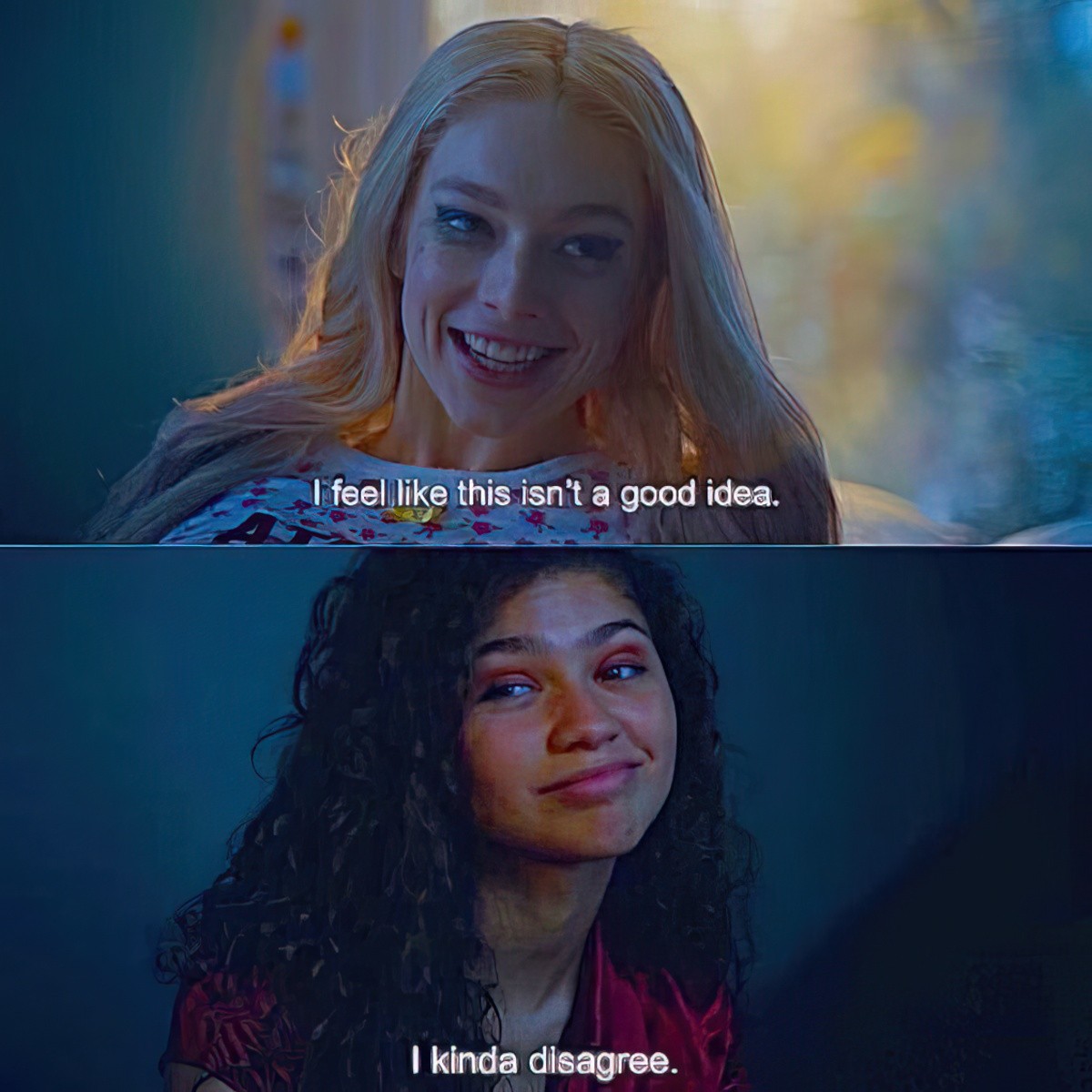
The Elements of Choice: Why the Way We Decide Matters
Every time we make a choice, our minds go through an elaborate process most of us never even notice. We’re influenced by subtle aspects of the way the choice is presented that often make the difference between a good decision and a bad one.
How do we overcome the common faults in our decision-making and enable better choices in any situation? This question and more are answered in our guests latest book, The Elements of Choice: Why the Way We Decide Matters.
Eric Johnson is a faculty member at the Columbia Business School at Columbia University where he is the inaugural holder of the Norman Eig Chair of Business, and Director of the Center for Decision Sciences. His research examines the interface between Behavioral Decision Research, Economics and the decisions made by consumers, managers, and their implications for public policy, markets and marketing.
Eric and Greg analyze choice architecture from many angles in this episode, as well as touching on menu science, the problem with alphabetizing, and the impacts of good choice architecture on education.
New Books Network
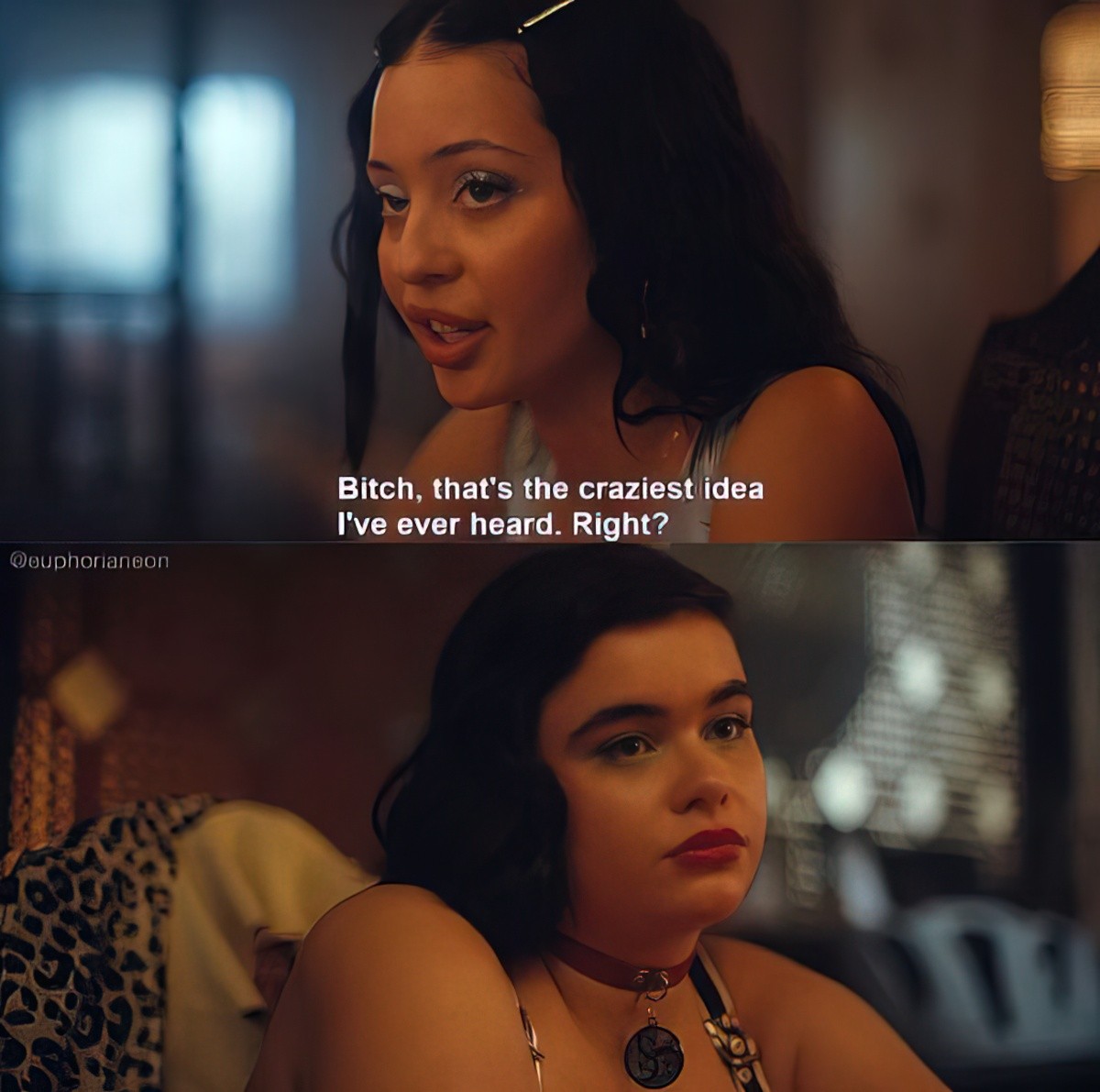
i hate the part in movies where things go wrong? you know like halfway through when things are good and then there’s a problem? for me that’s not fun to watch
dirt prince (@pant_leg) November 28, 2019
THE ‘PLAN MCGUFFIN’ WORKAROUND FOR PASSIVE PERSONALITY TYPES
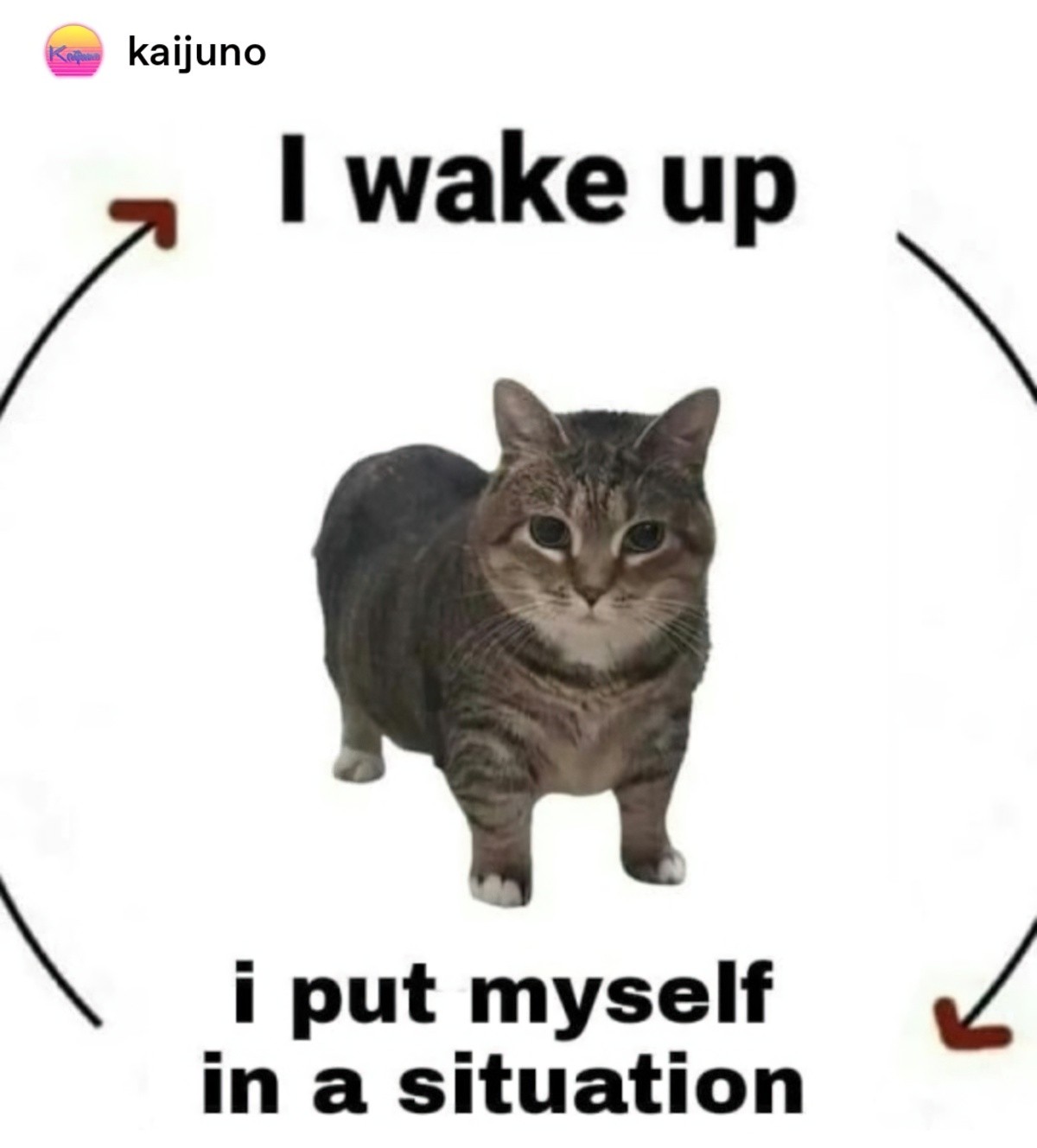

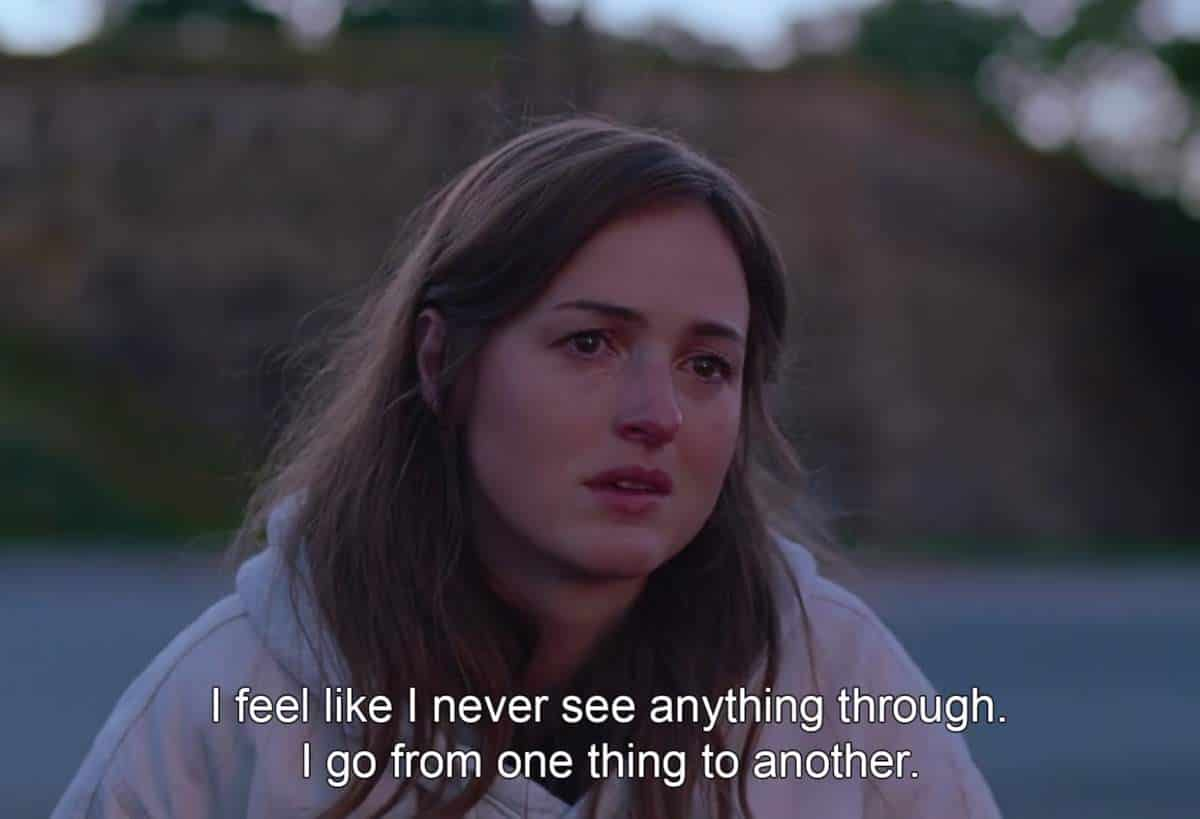
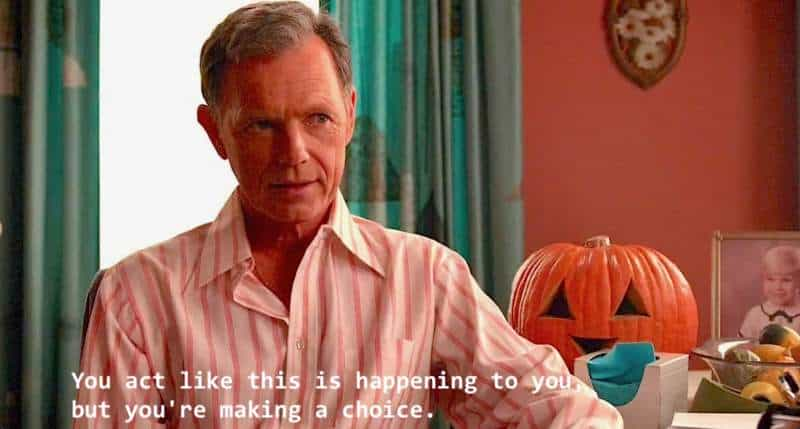
Otherwise known as The Reluctant Hero. Characters who have no plan overlap with characters who don’t seem to want anything either. I talk about these passive types a little in my post on Desire.
Although a rule of story is that the hero must be proactive (especially in children’s books perhaps), depressive types deserve stories too, right? So how is it done?
In the indie comedy film Safety Not Guaranteed (2012), we first meet our main character at a job interview.
This disaffected magazine intern doesn’t get the job at the cafe, as she is terrible at interviews. This is a masterful way of introducing a character because it tells us a lot about Darius in a short time. We learn how much she does not like being an intern, that she has interpersonal issues and is in a mood slump. Although she initially planned to get a job, she and the audience quickly learn that this plan is not going to work. She ends up with another plan.
For the writers of Safety Not Guaranteed, figuring out a ‘plan’ for this ‘character in a slump’ is a tough one, because the very nature of being in a slump and generally pessimistic about everything is that you are not making plans. This plan Darius had — to get a part-time job in a cafe — was a bit of a ‘plan McGuffin’ — we soon forget she ever wanted to leave the internship at the magazine. She is the opposite of a go-getter. She is passing up an opportunity to possibly advance in her career to work in a minimum wage job. But this initial scene exposes several things:
- We see that she doesn’t say/do things just because they are expected of her. She is her own person and also self-destructively honest.
- The interviewer says “I know your type”, encouraging the audience to categorise this young woman. If we get it wrong our expectations for her will be subverted. It’s also a pretty shitty thing for the guy to say, so anyone who hates job interview questions is likely to sympathise with Darius.
- The failed interview explains how she ends up on a strange trip with her womanising, unlikeable boss: She doesn’t just walk away from the adventure which is forced upon her because she has no other choice. Even her father is on her back about not living a worthy life.
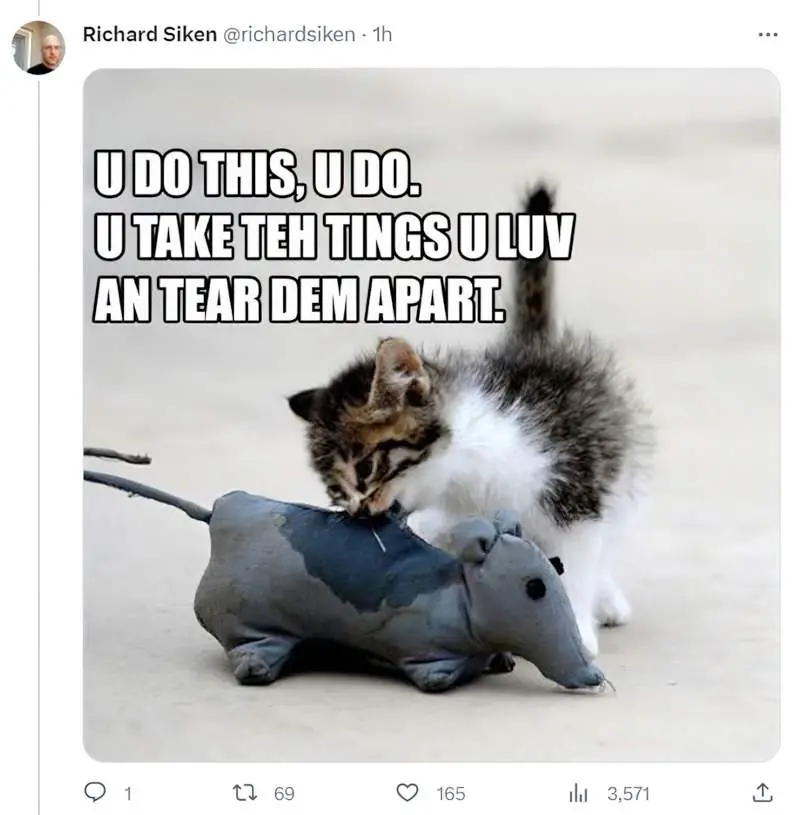
Whenever a story stars a reluctant, passive, sarcastic, layabout, depressive (etc.) protagonist, during the course of the story the hero will almost always double down and realise that this thing, this one thing happening in this particular story — perhaps for the first time in their life — is the thing they are meant to do. In effect, there is a bit of a anagnorisis near the beginning. This doubling-down forms part of their character arc.
PASSIVE PERSONALITIES NEED TO BE ACTIVELY PASSIVE
‘Actively passive’ sounds impossible, but refers to stories in which a passive character is actively resisting calls to adventure over and over. They actually have to do something to get out of adventure’s way.
CHARACTERS RARELY CONFRONT THINGS HEAD-ON
Most scenes are rarely about what the subject matter is. You soon see the power of dealing obliquely or elliptically with situations, because most people rarely confront things head-on.
Robert Towne
However, there are several things you really DON’T want your audience thinking:
- This wouldn’t be a problem if only they just communicated!
- Why don’t they just call the police? (See a one line review of Home Alone on Reddit. The writers make the 8-year-old hero steal a toothbrush as a reason for not calling the police.)
I feel Robert Towne refers instead to general reluctance of ordinary heroes (not superheroes, who jump at any chance to save the world) to undertake a dangerous mission. Everyday heroes are generally drawn into danger against their will, but at about the halfway point in the story, this character doubles down. Suddenly this mission is important to them. They won’t stop for anything. This doubling down is necessary because they’re going to go through a big struggle. An audience isn’t interested in watching a half-hearted hero, unless we’re talking about a comedy in which the hero (or often, the heroine in detective comedies) bumbles through a story solving a mystery or saving the day by sheer accident.
COMEDY GENRE PLANS
In the comedy genres, the plans characters come up with are often the most ridiculous thing you can think of.
- A male actor who can’t find work because he’s a bastard dresses as a woman. (Tootsie)
- An I.T. worker gets sick of saying the same thing over and over so he hooks up a machine to answer the phone for him. (The I.T. Crowd)
- Two men advise their virgin friend on superficial ways to become a ‘real man’ but end up getting him into troubling predicaments. (The 40 Year Old Virgin)
- A boss has to fire someone before the end of the day, so he leaves the task to his unhinged second-in-charge (The Office)
- A boy comes up with ridiculous ways of retrieving something stuck up a tree ( Stuck by Oliver Jeffers)
AVOID BOGUS ALTERNATIVES
When working out plans for your character, there are a few pitfalls.
Bogus alternatives: Cumbersome narration of infeasible actions which a character didn’t take because it would mess up the story. Usually goes overboard and includes long-winded explanations why. If you’re going to handwave past a dumb choice, the faster you do it, the better. (Lewis Shiner)
Glossary of Terms Useful in Critiquing Science Fiction
AVOID RUNAROUND
If you haven’t set up the character’s Shortcoming and Desire first, the plan will feel like “Runaround”:
Runaround. Frenetic activity by characters we don’t care about, usually in search of objects or goals we’re uninterested in seeing them achieve. Usually injected into action stories when the author realizes that he’s failing his dramatic objectives. Can be recognized when, although the action is fast and furious, the reader skims along with a glazed eye. Often the more spectacular the gore — e.g., the more bodies left on the battlefield at scene’s end — the greater the runaround, and the weaker the story. A tipoff of weak characterization. (CSFW: David Smith)
Glossary of Terms Useful in Critiquing Science Fiction
If you don’t design your own life plan, chances are you’ll fall into someone else’s plan. And guess what they have planned for you? Not much.
Jim Rohn, from Productive Life Concepts
Sometimes, you do things and you do them not because you’re thinking but because you’re feeling. Because you’re feeling too much. And you can’t always control the things you do when you’re feeling too much.
Benjamin Alire Sáenz
